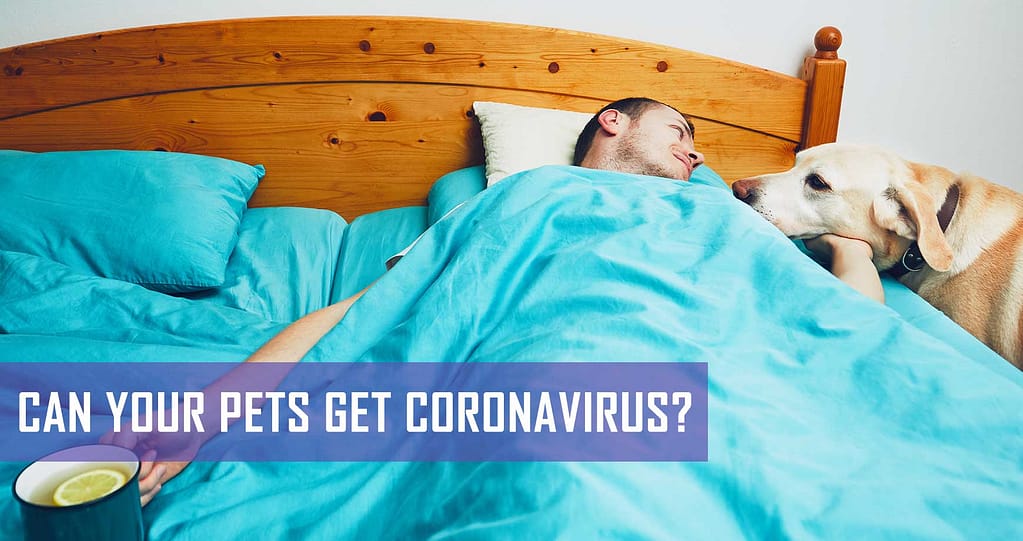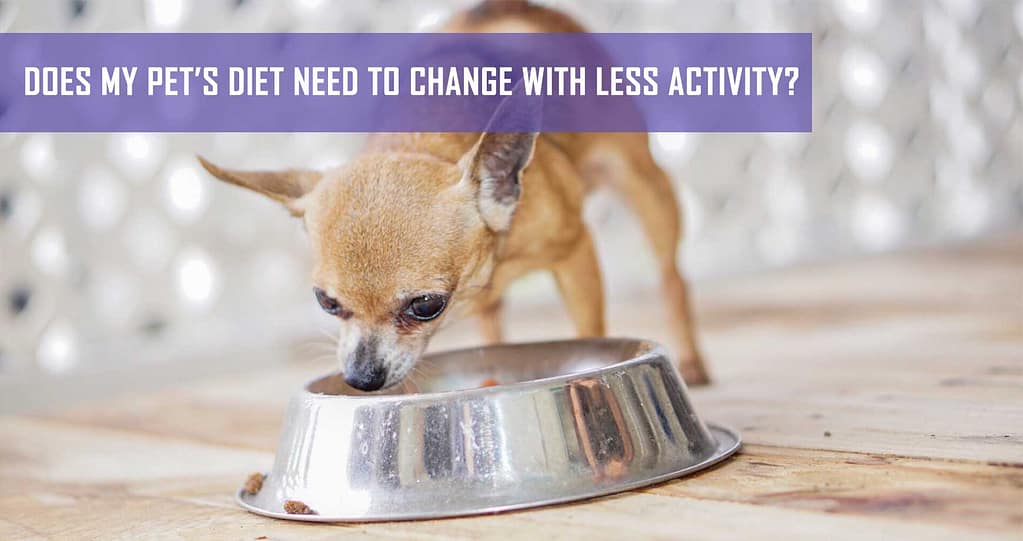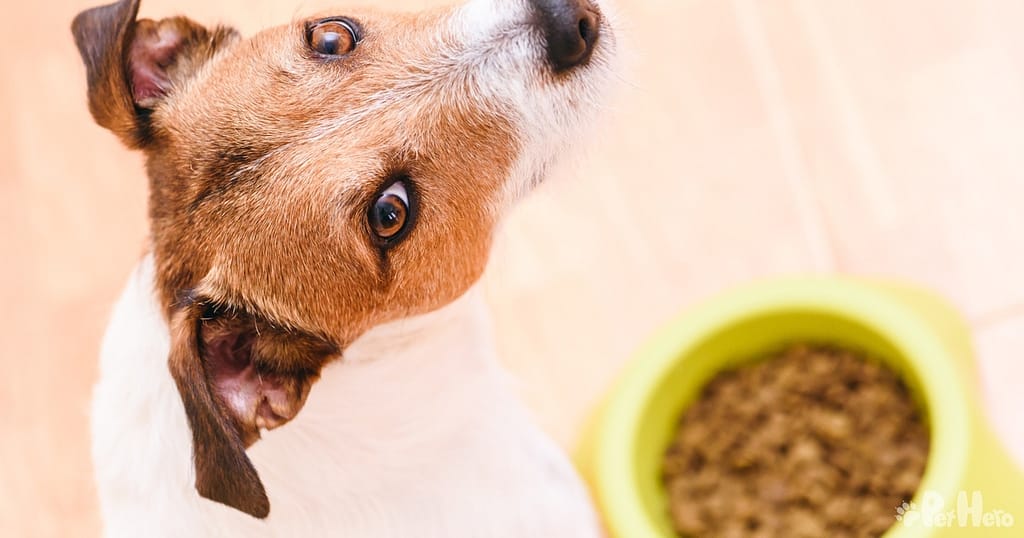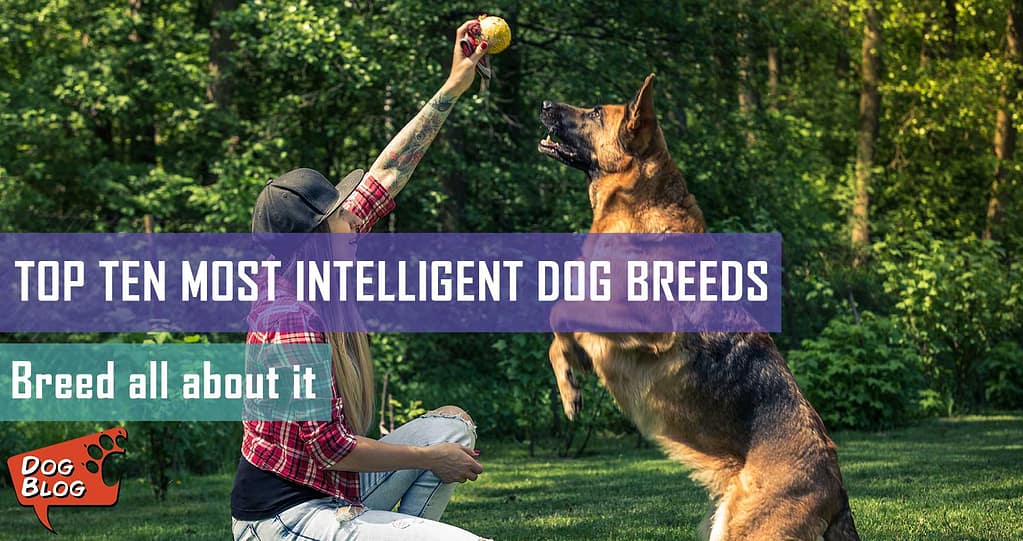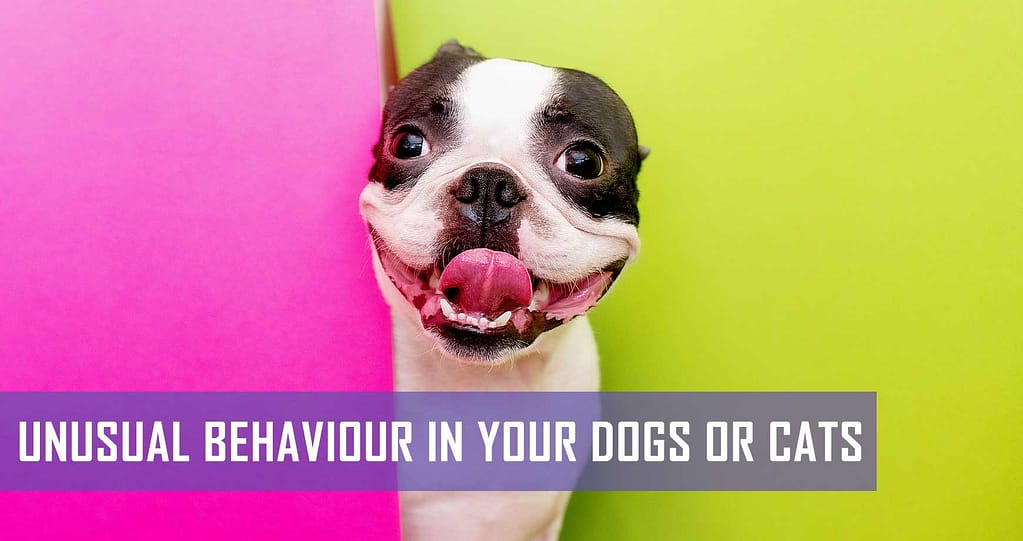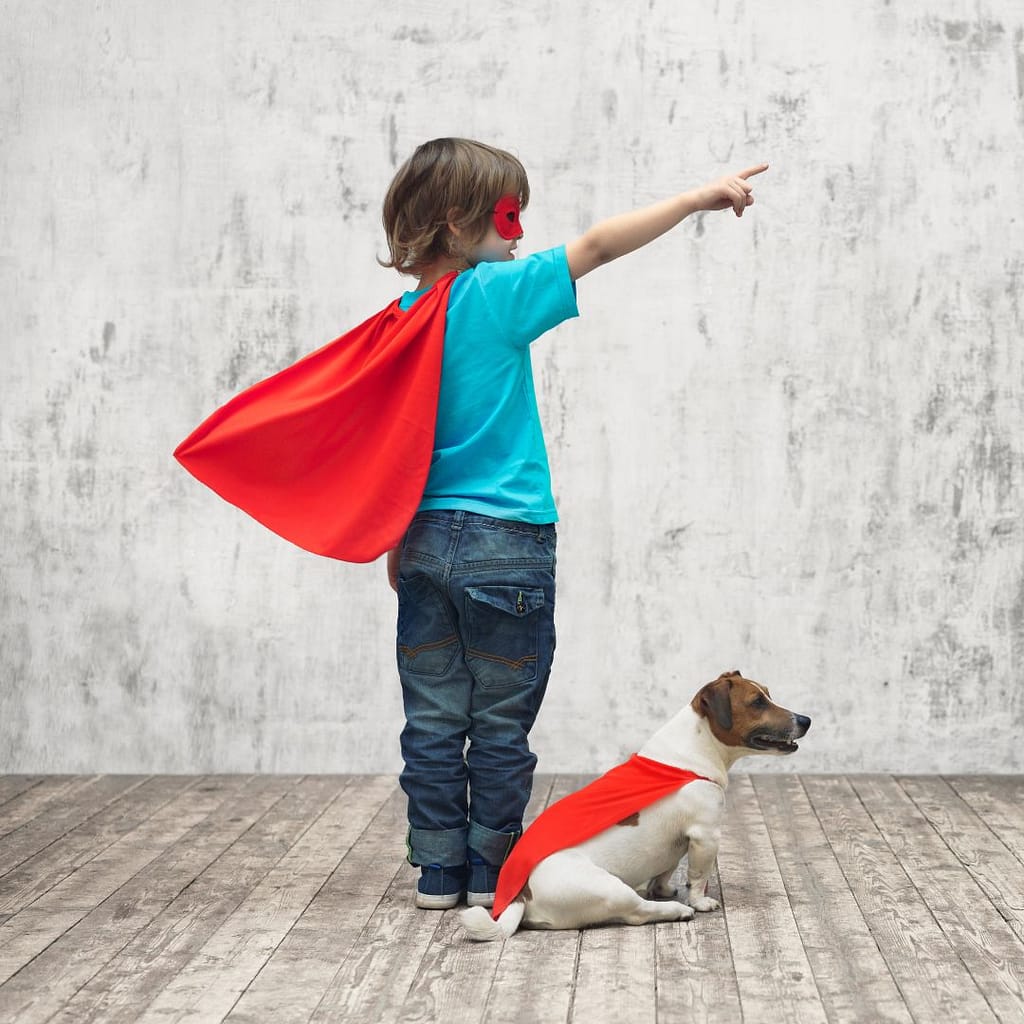It seemed like just a matter of time: the new coronavirus (SARS-CoV-2) has reached South African shores and a handful of people have shown symptoms for coronavirus disease 2019 (COVID-19). Family members have been quarantined to prevent any spread of disease, but what are the implications for furry family members?
Let’s take a closer look at this particular coronavirus and coronaviruses in general to understand how pets may or may not be affected.
What is a coronavirus?
Coronavirus is the blanket term for a family of viruses that can cause diseases in mammals and birds. In humans and birds, coronaviruses affect the upper respiratory tract (causing the flu-like symptoms we’ve all been warned about). But canine coronavirus in dogs and feline coronavirus in cats affect the intestines and abdominal wall, respectively.
The current coronavirus in the human population
First identified towards the end of 2019 in Wuhan, China, the new coronavirus or ‘severe acute respiratory syndrome coronavirus 2’ (SARS-CoV-2) has now spread globally and we are facing the potential for an outbreak in South Africa. People who have contracted SARS-CoV-2 and are showing symptoms of COVID-19, which include coughing and sneezing, fever, fatigue and a shortness of breath, need to be quarantined and tested, and then treated for their symptoms.
COVID-19 is spread when carriers cough or sneeze and virus-infected respiratory droplets land on surfaces in their environment. Those droplets may then get transferred to other people through tactile contact between hands and mouth, or if the droplets are airborne and get inhaled by other people.
Can people with COVID-19 still interact with their pets?
Alarmingly, it was recently announced that the pet dog of a COVID-19 patient in Hong Kong tested ‘weak positive’ for the virus. It is thought, however, that this is simply due to environmental contamination of its mouth and nose, since the dog is not showing any symptoms of COVID-19.
If you happen to contract COVID-19, the American Centers for Disease Control and Prevention (CDC) recommend that you restrict contact with your animals as you would with other people. While it’s accepted that pets cannot contract COVID-19 from people, it’s best to exercise caution until more is known about the virus. The CDC recommends that COVID-19 patients don’t pet, snuggle, share food or be kissed or licked by their pets. That sounds like no fun at all, but it’s better to be safe than sorry!
Can people get COVID-19 from their pets?
For now, it’s safe to interact with your pets because people cannot get COVID-19 from their domestic animals, but continue to exercise good hygiene with Fluffy and Noodles so that you don’t contract any E.coli or salmonella infections from them! Always wash your hands thoroughly after touching your pets and also keep your pets’ hygiene up to scratch.
If your pet has been in contact with someone with COVID-19, can it spread the disease to other humans?
There is no evidence as yet that pets can carry the SARS-CoV-2 virus and get sick, or cause COVID-19 infections in others, but a lot more research needs to be carried out before this can be ruled out completely.
What if your pet develops unexplained symptoms after being around a documented COVID-19 patient?
Health officials don’t yet know if companion animals can develop COVID-19, but if your pet has been around someone with a confirmed case of COVID-19 and develops otherwise unexplained symptoms, alert their doctor as well as your vet. Phone your vet first to let them know that your pet has been exposed to someone with COVID-19 and is showing strange symptoms. This will allow them to take all the precautionary measures necessary to prepare an isolation area and prevent any other contaminations.
How should you act around animals in areas where the virus is active?
While animal lovers just can’t help themselves around friendly-looking animals, it’s important to restrict contact with unfamiliar animals. Wash your hands after any interaction with any animal. And if you have COVID-19, avoid contact with your and other animals until you are well again.
Will vaccination for canine coronavirus protect your dog against SARS-CoV-2 and COVID-19?
No. Canine coronavirus is very different to SARS-CoV-2 and there is no evidence that a vaccine for an enteric virus will protect against infection by a respiratory virus. While we know you want to do everything to keep your furry friend healthy, please practise proper science… or take your pet health concerns directly to your vet!
How can you protect yourself and your pets from COVID-19?
The best way to protect yourself from COVID-19 is to not have any contact with the virus:
- Don’t get too close with people who are sick
- Keep your hands clean
- Keep your hands away from your nose and mouth
- Stay at home when you are feeling sick
- Cover your nose and mouth when you sneeze – it’s both healthy and good manners
- Clean and disinfect household surfaces regularly
- If you are healthy, you don’t need to wear a facemask. Facemasks are only recommended for people who are showing COVID-19 symptoms
Practise good pet hygiene as well and save the furry affection for when you and your pet are given the all clear.
This article was adapted from the World Small Animal Veterinary Association’s advisory document on the New Coronavirus and Companion Animals. To read the full article, click here

